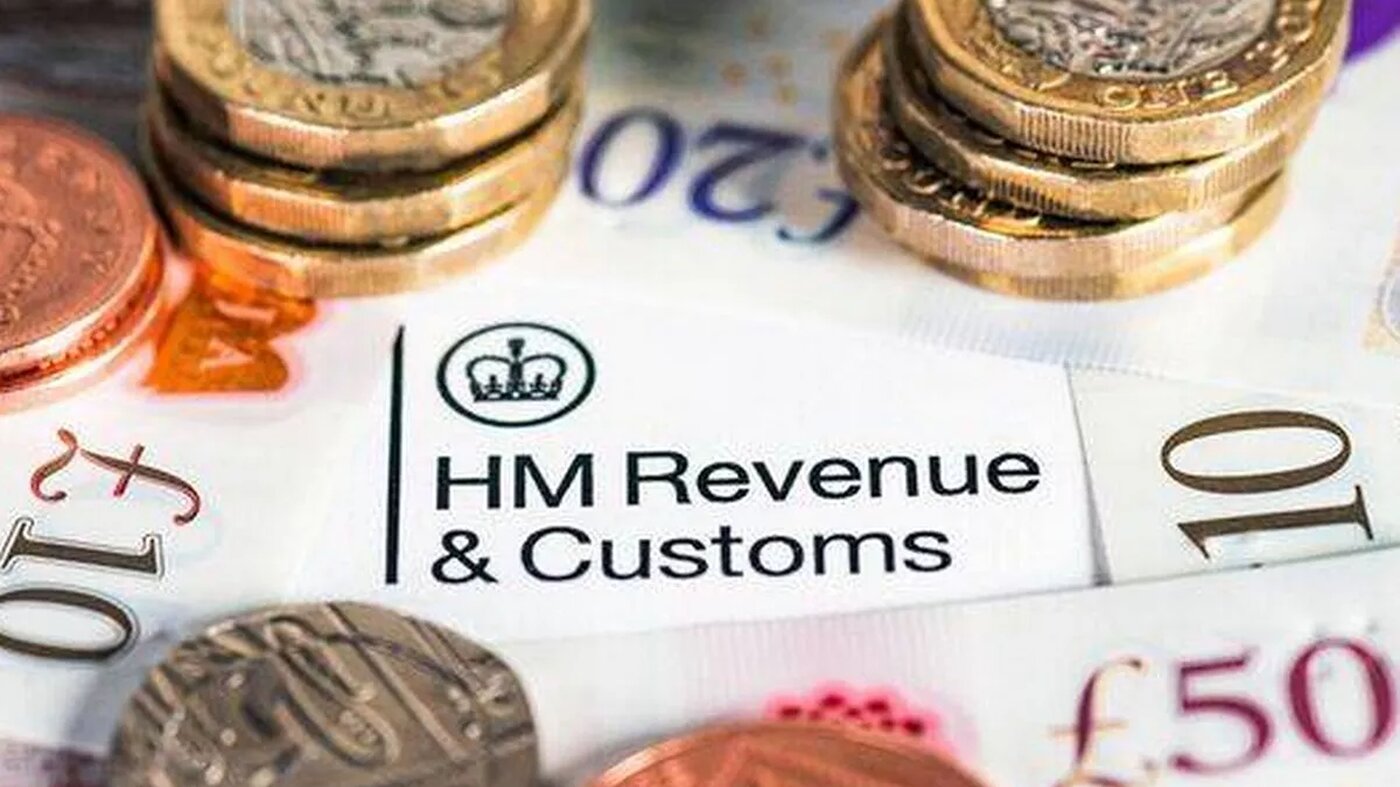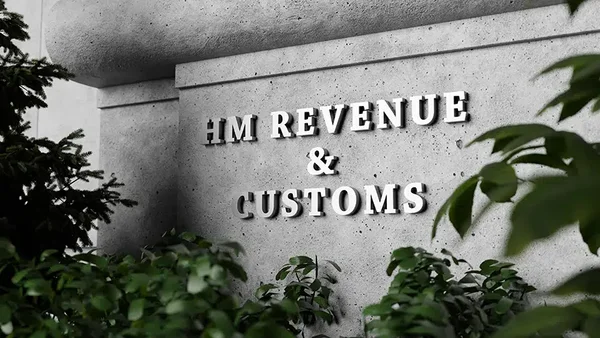Introduction
A growing number of UK savers are being contacted by HM Revenue & Customs (HMRC) after exceeding their tax-free savings interest allowance. Since interest rates have risen, many people are unaware they now owe tax on interest from bank or building society accounts.
Letters from HMRC may request payment of the amount owed, often with the option to pay either in a lump sum or through adjustments to monthly income. Understanding why these letters are being sent, what options are available, and how best to respond is essential for anyone affected.
HMRC and Untaxed Savings Interest
Recent increases in interest rates mean many savers now earn more interest than their annual tax-free allowance permits. As a result, HMRC is conducting a large-scale review of untaxed savings interest, with reports stating that almost 900,000 individuals could be contacted.
The agency relies on data provided annually by banks and building societies, who are required to inform HMRC of the interest each customer earns. For much of the last decade, low interest rates meant few people exceeded these allowances, so cases of untaxed interest were rare. However, with some accounts now offering rates above 5 per cent, it is easier for savers to generate more taxable interest, even on modest balances. This shift has brought many previously unaffected savers within the scope of HMRC’s review.
The Personal Savings Allowance Explained
The Personal Savings Allowance allows basic-rate taxpayers to earn up to £1,000 in interest before paying any tax. For higher-rate taxpayers, the allowance drops to £500, while additional-rate taxpayers do not receive an allowance. If interest earned in a tax year across all non-ISA accounts exceeds these thresholds, the excess must be declared and is subject to income tax.
HMRC’s system is designed so that most savers do not need to file a Self Assessment tax return unless their other circumstances require it. However, those who exceed their allowance must ensure they pay tax on the additional interest either through PAYE or, if necessary, by filing a return.
How HMRC Collects Tax on Interest
If a saver owes tax on their interest, HMRC typically offers several options for making the payment. For example, if the amount owed is around £600, individuals can choose to pay the full amount upfront or have it collected in instalments via their tax code.
For someone in employment, this might result in approximately £50 being deducted from their monthly salary over the course of a year. Paying the amount upfront is straightforward and ensures the debt does not continue. However, spreading the payments can help with cash flow and may allow the remaining balance to continue earning interest before it is gradually paid. Savers should be aware, though, that additional interest earned on unpaid amounts may itself become taxable in subsequent years.
Deciding How to Pay
When choosing between paying immediately or through the tax code, savers should consider their budget and personal circumstances. Paying upfront resolves the matter promptly and avoids deductions from future income, but for many, monthly instalments are preferable, especially if money is tight.
Regardless of the method, HMRC’s letters are not punitive or accusatory. They form part of a routine adjustment process and are aimed at ensuring all tax due is paid, rather than penalising individuals. HMRC has stated that their communications are informational and are not intended as enforcement actions.
Ensuring Accurate Reporting
Accurate reporting is vital to avoid further disputes and future issues with HMRC. Savers are advised to check their annual statements to determine precisely how much interest was earned in each tax year. Most banks provide a yearly summary, which can help in verifying whether one’s interest exceeded the relevant Personal Savings Allowance.
If letters from HMRC indicate you need to declare untaxed interest, it may be necessary to register for Self Assessment. Consulting a professional financial adviser or accountant can provide clarity and ensure any required tax return is completed correctly. For first-time filers, advice is especially important, as mistakes or omissions can lead to further queries from HMRC.
Final Summary
HMRC’s review of untaxed savings interest comes at a time when higher rates have unexpectedly pushed many savers above their tax-free limits. Those who receive a letter from HMRC have a choice of how to resolve the matter, either by paying in full or in instalments. Ensuring your records are accurate and responding calmly ensures that your tax affairs remain in order.
Professional advice can be useful for those unsure of their responsibilities or facing these circumstances for the first time. Staying informed helps individuals avoid repeat issues, and digital tools such as the Pie app can support regular monitoring of personal finances and tax exposures.











